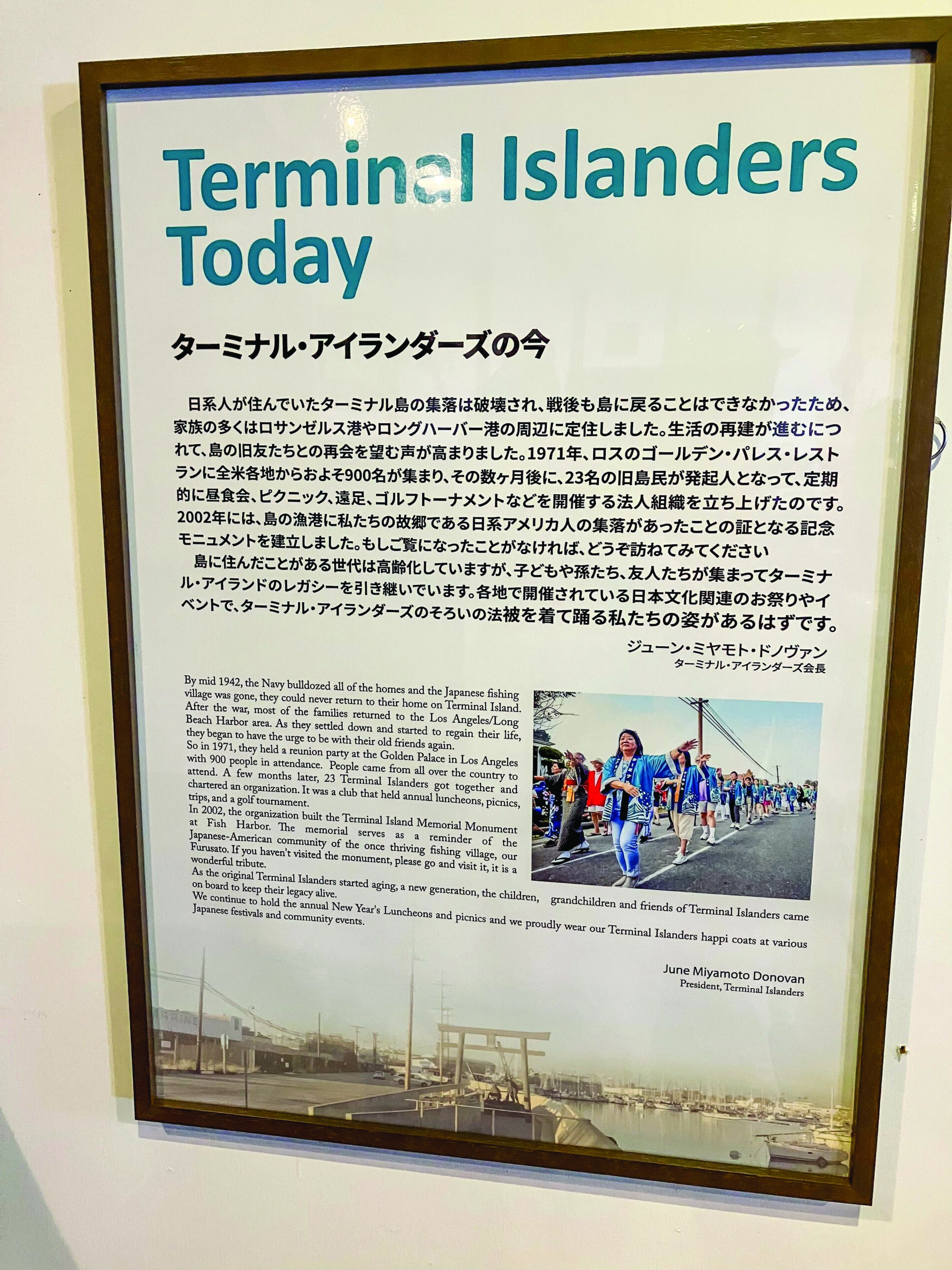TOKYO: Members of the Japanese diaspora do not have any long-term rights with respect to Japan.
Japan, like India, has a large diaspora. In India’s case, it is over 32 million strong, increasingly active in IT and cross-border trade and investment. In recent times, the Indian diaspora has moved abroad seeking economic opportunities especially driven by the computer and IT revolutions, and science and technology endeavours, medicine and health care, and the food and catering industry. Historically, they first started to move abroad to replace slave labour after emancipation, as indentured labourers in the Caribbean and other parts of the British, Dutch, and other Empires. That is why, for example, countries like Guyana, Suriname, Mauritius have majority ethnic Indian populations. It is hard to travel to any country in the world and not see a member of the Indian diaspora. The Japanese diaspora too is large, however mostly concentrated
In Sao Paulo, Brazil, alone it is estimated that there are a million Japanese-Brazilians, many of whom are of mixed race since Brazil is a very diverse, multi-racial society.
Members of the Japanese diaspora do not have any long-term rights with respect to Japan—they cannot live in Japan beyond six months visit, and cannot even legally open a bank account in Japan, while being willing to spend their valuable foreign currency in the country. To his credit, Prime Minister Kishida spoke about the Japanese diaspora on his recent visit to Sao Paulo, Brazil, describing their “paths filled with hardship and challenges over many years”. Being from Hiroshima, Mr Kishida is very aware of how many from the area emigrated historically to the Americas. Indeed, in his childhood he and his parents lived for some years in the US. Salmon fishing, coffee plantations, other agriculture, pearl diving were some of the economic reasons for which Japanese emigrated. In Asia, the upheavals of World War II impacted the Japanese diaspora that had moved to Manchuria, Indonesia, China and they were forced to move back to Japan after the end of the War.
Japan, like India, does not allow its citizens to have a second passport. That is why India invented the Overseas Citizen of India card (OCI) that provides permanent residency right and the right to work in India. OCI card holders, who may hold any passport in the world, can function in India almost like Indian citizens. OCIs all have historical roots in India or have current close relationships to India such as by marriage.
Why Encourage Links with the Japanese Diaspora?
At present, there are efforts to build cultural links with the Japanese diaspora at the national and prefectural levels. The annual “Japan-America Grassroots Summit”, held recently in Wakayama Prefecture and graced by Amy Rule, wife of US Ambassador Rahm Emanuel, is an example. But there are no concrete economic bridges that would encourage the diaspora to have a second home in the “chiho” (regions) where there is an alarming fall in population as Japanese age and move to larger cities to be with their children and grandchildren or access more specialized healthcare. Indeed, the inflow of foreign currency into Japan by the Japanese diaspora could help to support the Japanese currency that has been under pressure by speculators, as well as ordinary Japanese citizens who are converting the yen to the dollar and investing in overseas markets, especially the NASDAQ and NYSE. The Indian diaspora is the largest source of remittances in the world, now sending an estimated $107 billion to India from all over the world, and far-outpacing other inflows to India including multilateral bank loans and foreign assistance.
In recent years, there has been rethinking in Japan on inward migration spurred by labour shortages, and foreign workers of every category—professional, white collar and blue collar—have been welcomed with long-term visas into a country that genuinely practises respect for every type of labour. However, Japan has not had an active immigration policy like many other OECD countries. There has been reticence in some quarters to bring in culturally dissimilar people in large numbers for the potential risks of failure to assimilate into the broadly homogenous and socially tight-knit Japanese population. Politicians and officials have been unsure to what extent the labour shortages and the need for new, young workers might allay historical fears.
The Japanese diaspora, on the other hand, are not dissimilar to the broader Japanese population, and can likely assimilate much more easily as they are familiar with the language and customs. While 4th generation Japanese diaspora often cannot speak Japanese, they have never lost their Japanese culture—just as the Indian diaspora that first emigrated in the late 1800s to Guyana and Suriname even today celebrate Indian festivals.
It is time for Japan to introduce an Indian-style OCI card—an OCJ card—to welcome the Japanese global diaspora as temporary or permanent guests/residents and make it easy for them to successfully locate in Japan.
Dr Sunil Chacko holds degrees in medicine (Kerala), public health (Harvard) and an MBA (Columbia). He was Assistant Director of Harvard University’s Intl. Commission on Health Research, served in the Executive Office of the World Bank Group, and has been a faculty member in the US, Canada, Japan and India.

